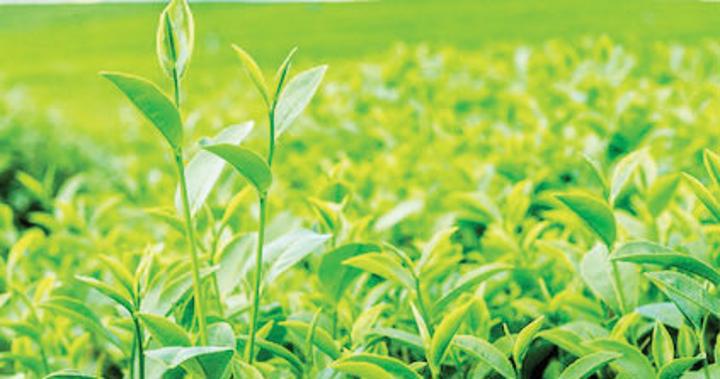Africa-Press – Malawi. Malawi’s trade deficit—a negative difference between exports and imports— is expected to continue worsening as the country’s second and third key export commodities, tea and sugar, are fetching lower prices on the international market.
Figures contained in the Reserve Bank of Malawi (RBM) Monetary Policy Committee report indicate that tea prices at Mombasa market averaged $2.28 per kilogramme (kg) in the third quarter of this year compared to $2.34 per kg in the second quarter.
The report further reveals that sugar sales on the European Union market fetched an average price of $0.34 per kg in the third quarter, slightly lower than $0.35 per kg in the second quarter.
“The (tea) prices are expected to decline further in the period ahead due to low demand following market disruption caused by the Russia-Ukraine war. In the third quarter, the price of sugar is projected to slightly increase to $0.35 per kilogramme due to a seasonal decrease in market supply,” the report reads.
Tea is the second major export crop for Malawi while sugar scores third after tobacco. While the country’s two major exports are fetching less, prices for fuel and fertiliser— Malawi’s major imports— are projected to moderate but will remain elevated above 2021 levels.
Further, inflationary pressures in trading partner countries are projected to remain heightened before subsiding next year, translating into higher cost of other imported products.
“Meanwhile, the price of domestic key exports is projected to virtually remain the same. Therefore, the country’s terms of trade are projected to remain relatively stable,” the report reads.
Economist from Malawi University of Business and Applied Sciences Betchani Tchereni said for a heavily importing and consuming nation, the development foretells doom, requiring authorities to step in with solutions.
He implored the government to regulate importation of certain goods to save forex for key commodities until the country is in a better position. “This development means that unless a donor comes in, we will struggle. This is the right time for the ministry to ban importation of luxurious goods while encouraging exports,” he said.
Malawi’s trade deficit has been widening over the years and RBM figures indicate that merchandise trade deficit is estimated to have worsened to $417.9 million in the third quarter, from a deficit of $252.2 million recorded in the second quarter, compared to a deficit of $409.4 million during the same period last year.
Justin Mkweu is a fast growing reporter who currently works with Times Group on the business desk. He is however flexible as he also writes about current affairs and national issues.
For More News And Analysis About Malawi Follow Africa-Press






